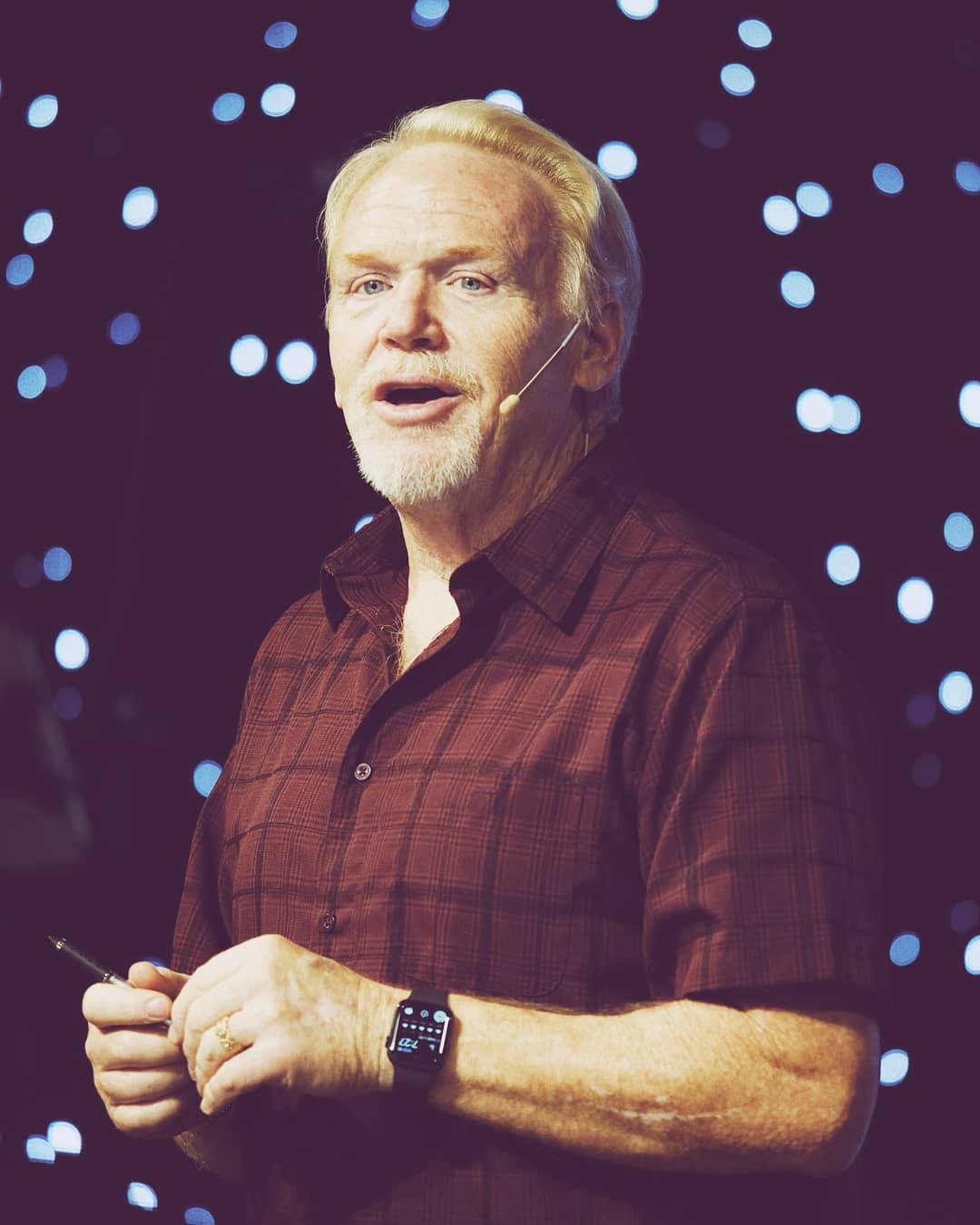Before You Go…..
…..Schedule your FREE 30 Minute Zoom Consultation
No Obligation!
Let’s connect to chat and pray!

Not sure if a church consultant is really needed at your church? Use our FREE Church Assessment Tool to find out.
Schedule your FREE, no obligation, thirty (30) minute Zoom initial consultation.
Utilizing a process we call “Virtual Church Consulting” we work with you through a series of steps to help pinpoint problems and offer solutions. This all online church consulting method is effective and affordable.
Your website is the “digital foyer” for the church. It is the first impression for almost everyone that visits your church.
Demographic information is helpful in getting an overview of what is happening in your community.
Church marketing is a tool to help people who are in need of what your church offers to be able to connect with you.
An outreach strategy is a specific set of tactics intended to ultimately attract new people to your church.
Steve Lawes is a Certified Church Consultant. He has been the lead Pastor of Keys Vineyard Church in Big Pine Key since 1992. He has a Bachelors Degree in Bible and Theology from Berean University and Masters and PhD Degrees from Atlantic Coast Theological Seminary. He lead the Cuba Missions Team for Vineyard Missions from 1995-2005 and traveled to Cuba more than twenty times helping to plant churches and build up local leaders. He served as the South Florida Area Leader for the Association of Vineyard Churches for ten years. He also founded the Jesus Moment Bible Institute and Seminary in 2014 which has a student enrollment of over 2000. He has written three devotional books, Daily Psalt Intake, Daily Sage Intake and Daily Strength Training which are now out of print but are currently available as free e-books.

Keeping up with events that impact the Church is vital to the role of the Church Consultant. I have compiled a list of 20 websites you might find helpful in searching for useful statistics about the Church. Note that the statistics’ quality and updates might vary depending on the website’s specific focus.
Please note that validating and cross-checking any data found on these websites is crucial. Furthermore, it is vital to understand the context, methodology, and biases that may have been involved in the data collection and interpretation. Also, some of the listed sources may provide general data on Christianity or religious institutions, which could include data on wide variety of churches.
Steve Lawes is a Church Consultant and also provides coaching for pastors, churches, ministries and church planters.

We are in a series we are calling “Sword Sharpening” and we are looking at how to make the most out of your time with the Bible. This week we will be looking at the first of eight sections of His Story. This first section consists of Genesis Chapters 1 and 2 and we are calling it ‘Kingdom Revealed’. Genesis Chapters 1 and 2 form the creation narrative in the Hebrew Bible. It portrays the cosmos as a cosmic temple and humans as its imagers.
Genesis 1:1-5 (NIV)
1 In the beginning God created the heavens and the earth. 2 Now the earth was formless and empty, darkness was over the surface of the deep, and the Spirit of God was hovering over the waters. 3 And God said, “Let there be light,” and there was light. 4 God saw that the light was good, and he separated the light from the darkness. 5 God called the light “day,” and the darkness he called “night.” And there was evening, and there was morning—the first day.
Genesis Chapter 1 presents a structured account of the creation over six days. The first three days involve the creation of spaces – day, night, heavens, earth, and seas – and the next three days fill these spaces with inhabitants – celestial bodies, birds, sea creatures, animals, and humans. This narrative, seen through the lens of ancient Near Eastern cosmology, conceptualizes the cosmos as a divine temple, ordered and made functional by God. Each day involves a ceremony of separating, naming, and blessing, paralleling the practices of temple inaugurations. The seventh day, a day of divine rest, marks the completion and dedication of this cosmic temple.
Genesis 1:26-27 (NIV)
26 Then God said, “Let us make man in our image, in our likeness, and let them rule over the fish of the sea and the birds of the air, over the livestock, over all the earth, and over all the creatures that move along the ground.” 27 So God created man in his own image, in the image of God he created him; male and female he created them.
Genesis 1:26-27 underscores the creation of humans in the image of God (“imago Dei”). This reflects the ancient concept of humans as the divine king’s representatives (imagers) on earth, similar to statues in temples. As ‘imagers,’ humans rule over and steward the creation, reflecting God’s dominion and care. They are the ones who ensure the orderliness and functionality of the cosmic temple.
Chapter 2 provides a more detailed account of the creation of humans and the Garden of Eden. It also emphasizes the theme of temple imagery. Eden is portrayed as a sacred space, often compared to a sanctuary, with the Tree of Life and the Tree of the Knowledge of Good and Evil as central aspects of the divine dwelling. The rivers flowing from Eden to the rest of the world symbolize the spreading of life and blessing.
Adam’s placement in the garden to ‘work’ and ‘keep’ it uses the same Hebrew words (‘abad’ and ‘shamar’) later used for the Levites’ service in the temple. This associates Adam’s role with priestly service, emphasizing his function as an imager to reflect God’s presence, holiness, and care.
Genesis Chapters 1 and 2 depict creation as a divine act of constructing a cosmic temple, filled and ordered by God, with humans as the divine imagers who continue God’s work of maintaining and sustaining this cosmic temple.
Steve Lawes is a Church Consultant and also provides coaching for pastors, churches, ministries and church planters.

“The Church Consultant: A Guide to Building and Sustaining a Successful Consulting Practice” by Gary L. McIntosh and Charles Arn is an insightful and comprehensive guide for individuals seeking to establish and maintain a thriving consulting practice focused on assisting churches. Drawing upon their extensive experience in the field, McIntosh and Arn provide valuable insights, practical advice, and proven strategies to help consultants navigate the unique challenges and opportunities within the church context.
The book begins by exploring the role and significance of a church consultant. McIntosh and Arn emphasize the importance of understanding the church’s dynamics, leadership’s role, and the challenges churches face in an ever-changing cultural landscape. They emphasize that successful consultants must deeply understand the unique needs and aspirations of each church they serve.
The authors outline the critical steps in establishing a consulting practice, starting with defining the services and areas of expertise consultants can offer to churches. They discuss the importance of honing one’s skills, developing a clear value proposition, and building a solid reputation through networking, referrals, and marketing efforts. The book emphasizes the significance of maintaining ethical standards and integrity while working with churches, which is essential for building trust and credibility.
McIntosh and Arn delve into the intricacies of conducting assessments, providing insights into various methodologies and tools that consultants can employ. They emphasize the importance of data collection, analysis, and interpretation and the art of effectively communicating findings to church leadership. The authors also highlight the significance of creating actionable plans that align with each church’s unique goals and resources.
Much of the book is dedicated to addressing the various challenges churches face and offering practical advice for consultants in helping churches overcome them. Topics covered include strategic planning, revitalization, conflict resolution, leadership development, discipleship, outreach, and assimilation. McIntosh and Arn provide case studies, real-life examples, and helpful frameworks that allow consultants to apply the principles discussed in practical situations.
Furthermore, the authors discuss the critical role of effective communication in consulting engagements. They emphasize the importance of active listening, empathy, and clear and concise articulation of ideas. Additionally, the book provides guidance on presenting recommendations, handling objections, and managing client relationships to foster long-term success.
Another significant aspect covered in the book is the concept of sustainable consulting practices. McIntosh and Arn explore strategies for managing time, resources, and finances to ensure long-term viability. They address issues related to pricing services, negotiating contracts, and managing cash flow, all while maintaining a healthy work-life balance.
Moreover, the book emphasizes the value of continuous professional development. The authors stress the importance of staying updated with the latest trends and developments in the church world, attending relevant conferences, participating in professional networks, and engaging in ongoing education to enhance one’s consulting skills.
“The Church Consultant: A Guide to Building and Sustaining a Successful Consulting Practice” offers an invaluable resource for individuals aspiring to become church consultants or those seeking to enhance their existing consulting practice. McIntosh and Arn’s expertise and insights provide practical guidance on various aspects, including establishing a practice, conducting assessments, addressing church challenges, and fostering long-term success.
The book is a comprehensive roadmap, offering actionable advice, case studies, and proven strategies. With its focus on understanding the unique dynamics of churches, maintaining ethical standards, effective communication, and sustainable consulting practices, this guide equips consultants with the knowledge and tools needed to thrive in the church consulting arena.
Steve Lawes is a Church Consultant and also provides coaching for pastors, churches, ministries and church planters.
“Steve and his team at Keys Vineyard Church have built a church that has done an inspiring job reaching their community. Steve is a treasure trove of experience and has continued to prioritize learning and growth throughout his more than 30 years of ministry in a way few pastors have. You’ll get a lot out of connecting with him!”
“I watched first hand as Steve experienced the devastation of hurricane Irma in his town of Big Pine Key, Florida. The town was destroyed, the church building rendered unusable and the staff impacted personally. I watched a leader rise to the need of his community and minister in a situation that not very many could. He has a powerful voice of experience and wisdom earned the hard way.”
“Steve Lawes is a valuable coach/ mentor. I’ve watched Steve over the last thirty years build a substantial outward focused church with disciples who do what Jesus did. He has inspired leaders of churches with simple/tested ideas to develop leaders and grow churches.
“
“Steve Lawes is an outstanding coach. He is authentic, creative, and personable. He has more cutting edge ideas than any pastor I know in regard to evangelism and meeting the needs of people in his community.”
We are pleased to be partnering with the Jesus Moment Bible Institute and Seminary to be able to offer Free Church Consulting Training. Even if you are not looking to become a certified church consultant, the free church consultant training will be beneficial for your personal ministry.
I t would seem that the answer was obvious. But getting well for the man who had been not well for a very long time meant that he would have to do something different. It is not easy to change, but it always starts with a first step.
Take that first step now by sceduling your no obligation, free thirty (30) minute Zoom meeting with us today. You have nothing to lose and it may be your first step to a new and healthy way of doing and being the church.